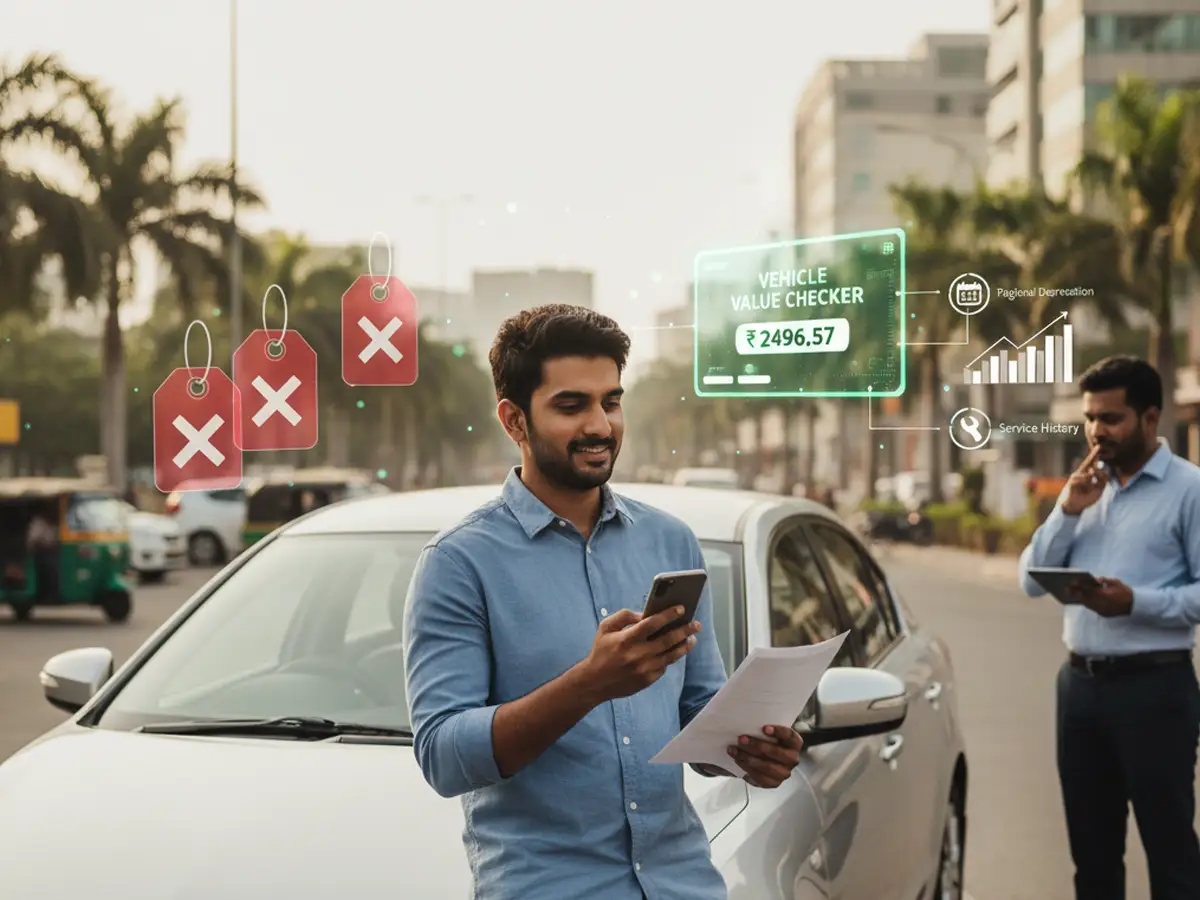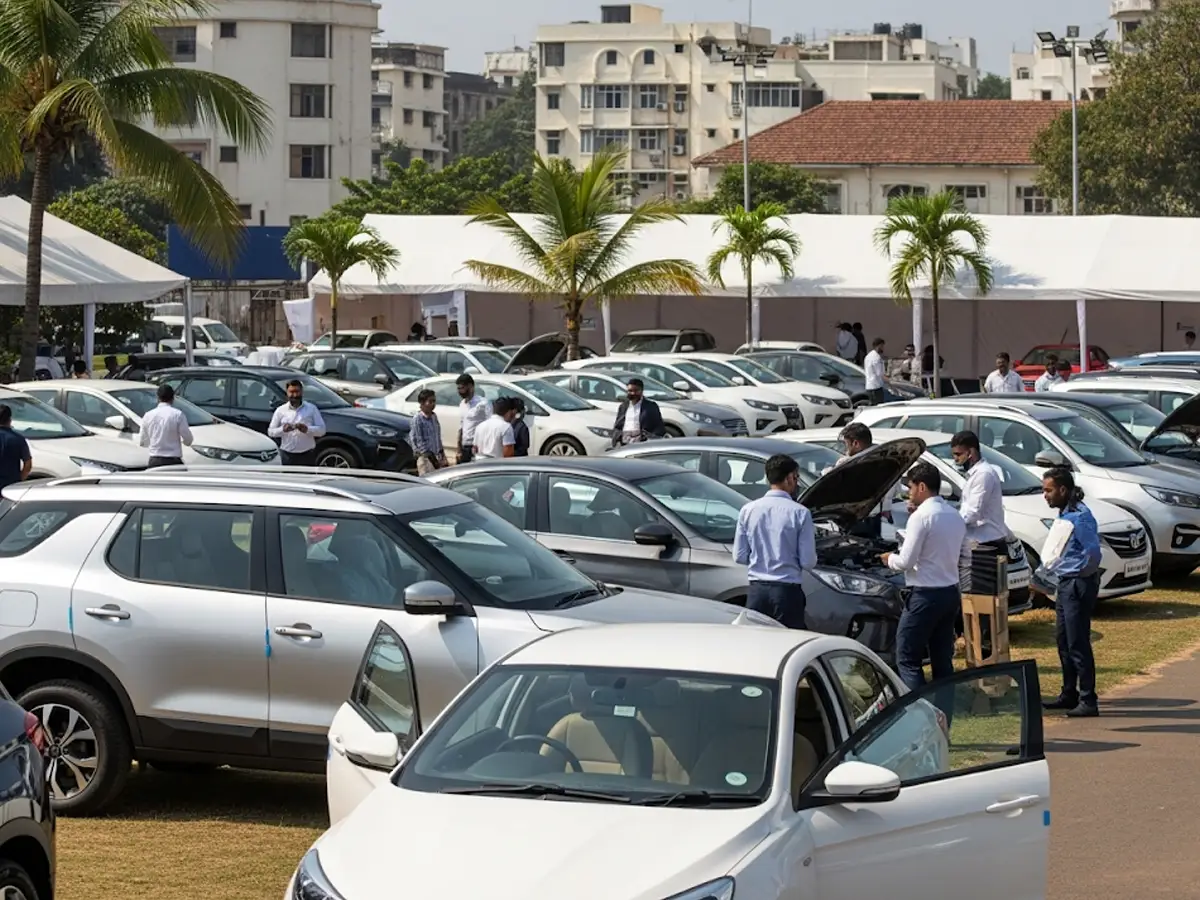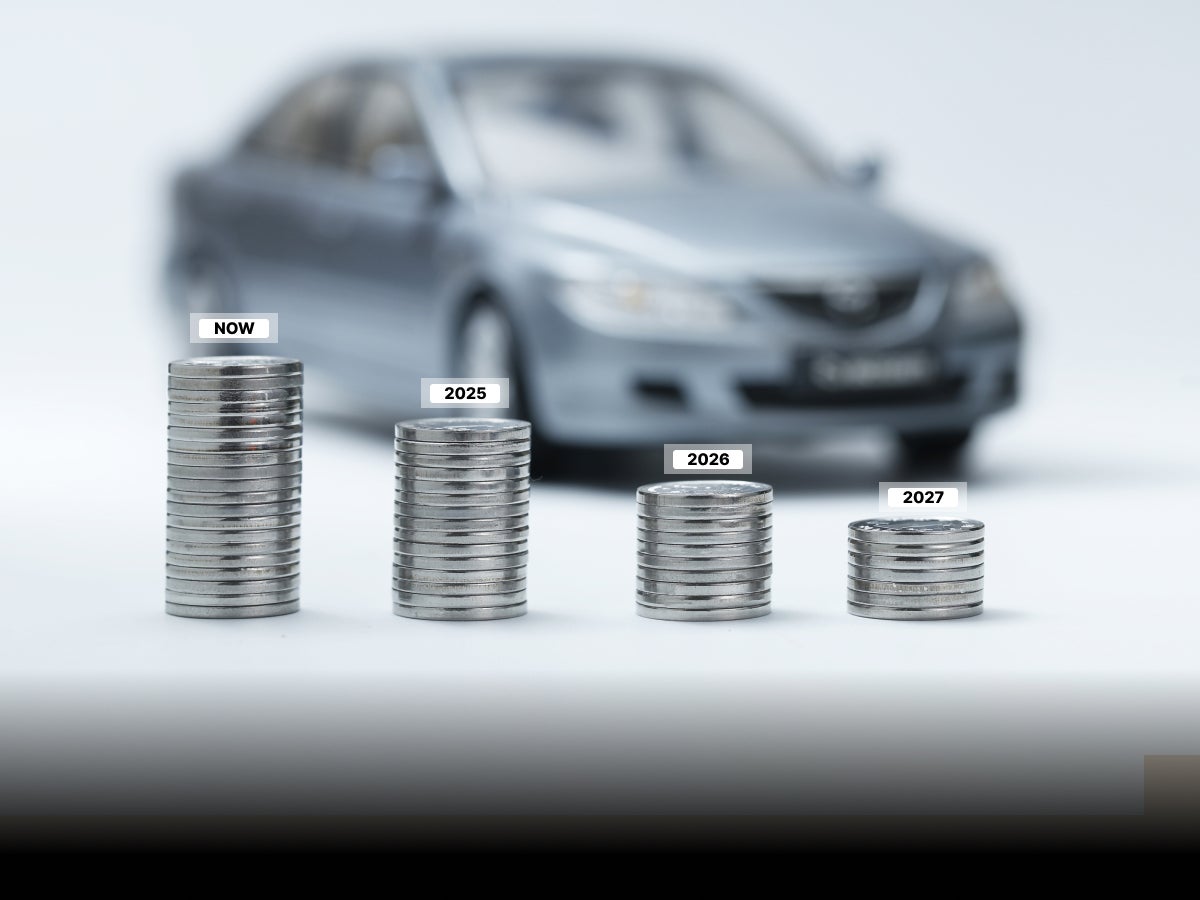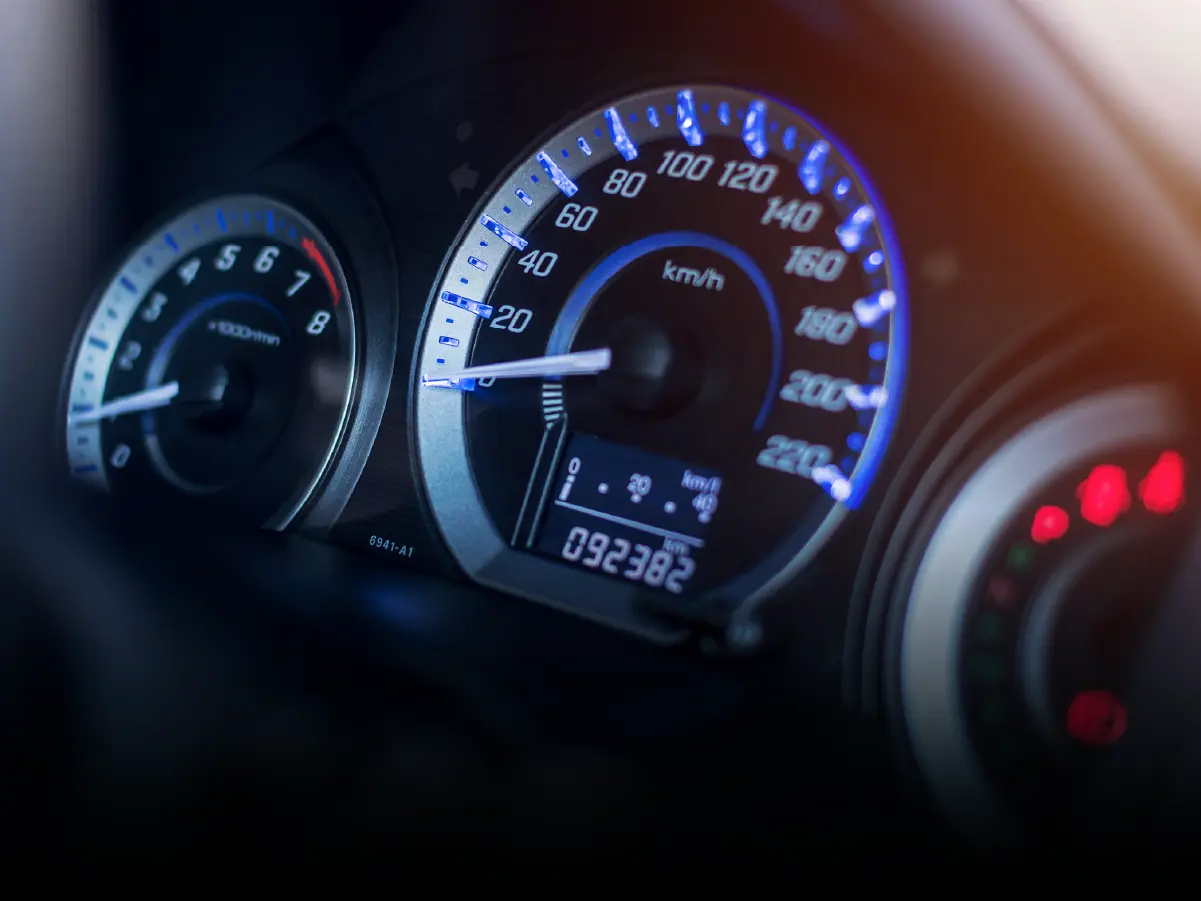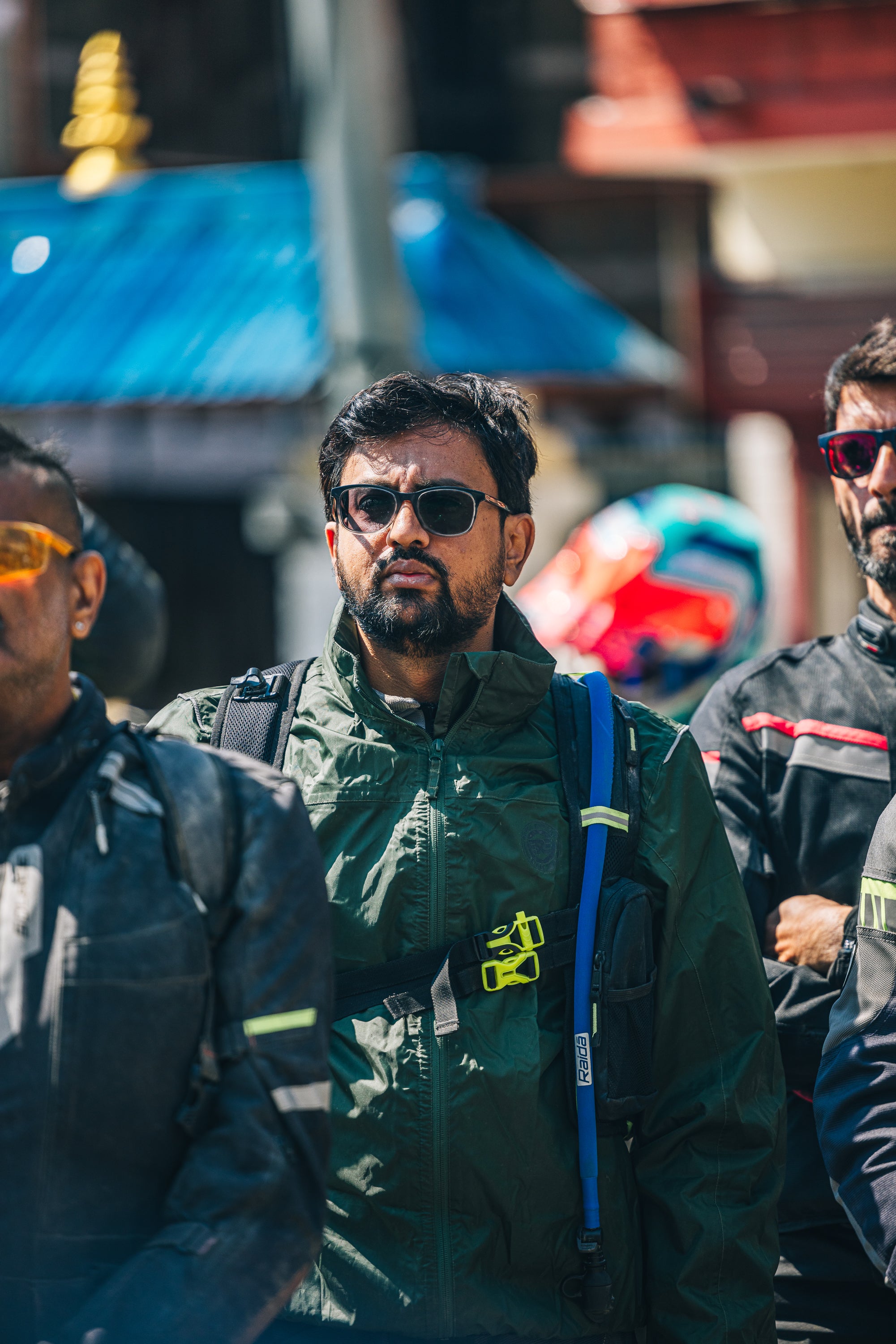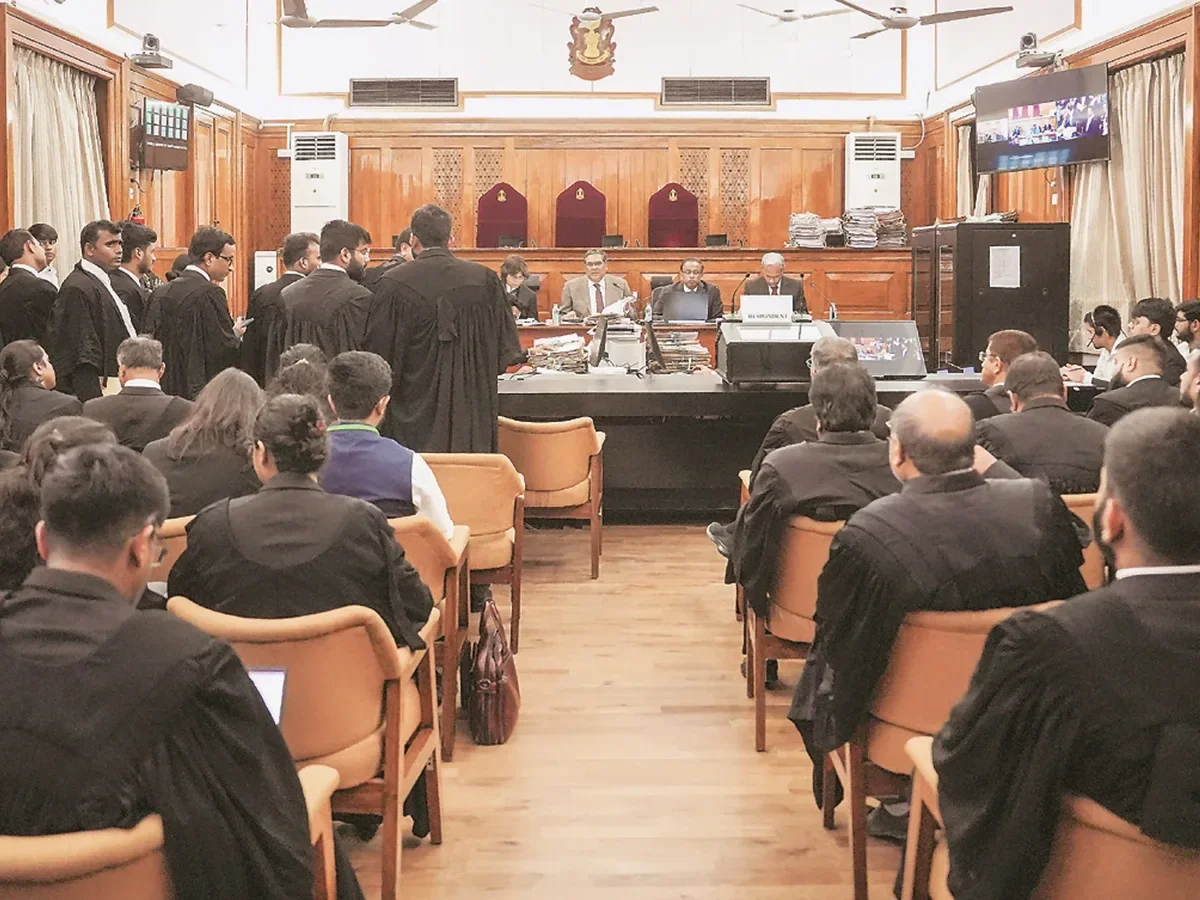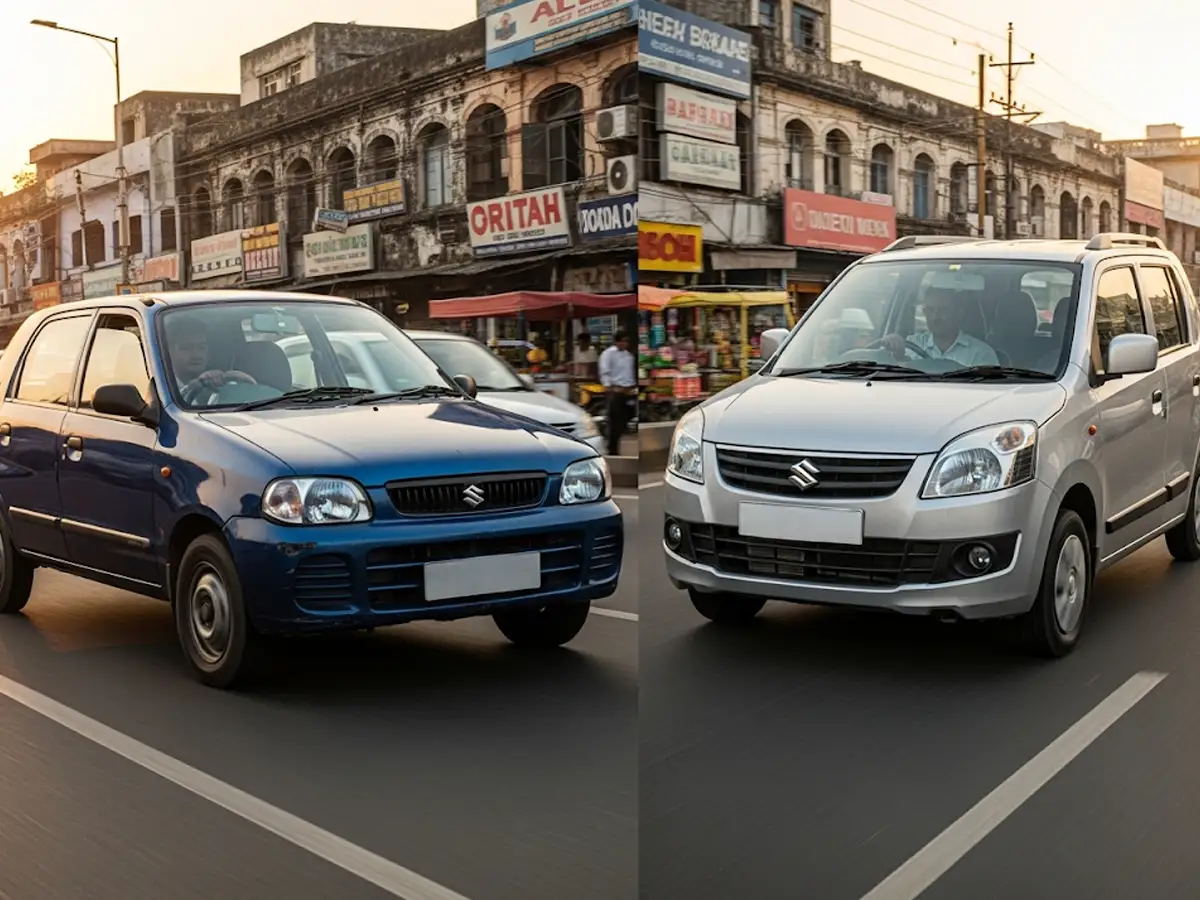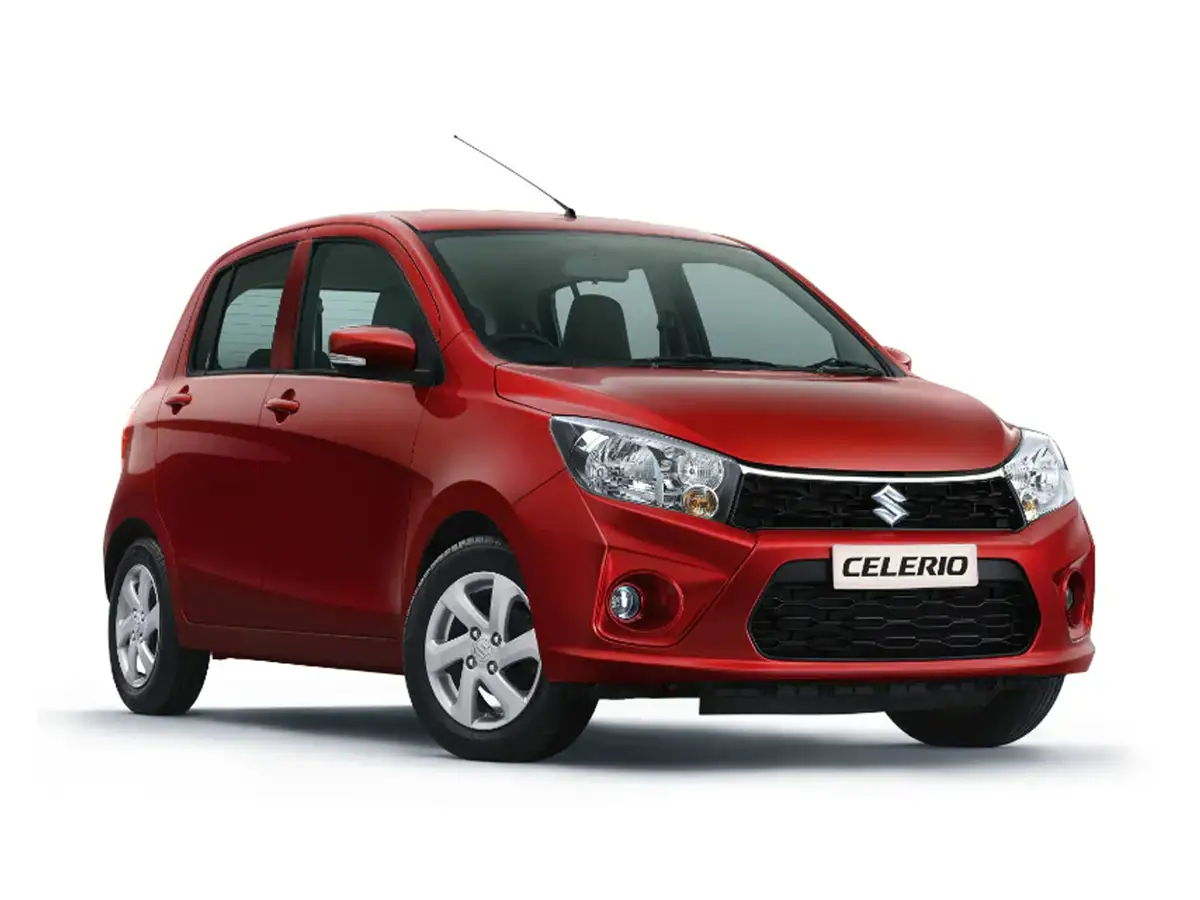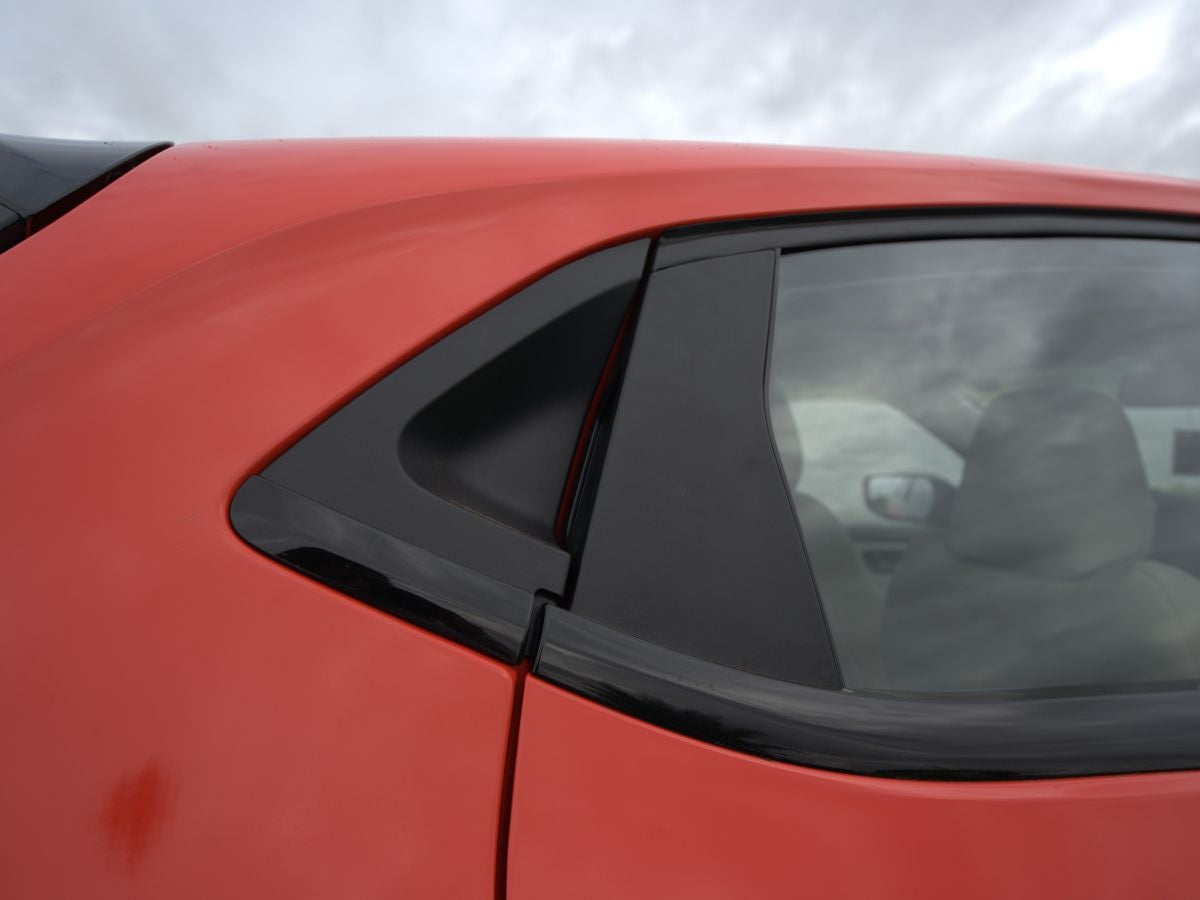

Virtual Traffic Courts in India: What They Mean for the Unpaid Challan Court Process
- 1Virtual courts digitise the unpaid challan court process for minor traffic offences
- 2Unpaid challans can block RC transfers and licence renewals
- 324/7 online access saves time and cuts costs for motorists
Over the years, many traffic challans remained unresolved until the next vehicle renewal, sometimes due to oversight or delays in payment. To streamline the process and improve compliance, the government introduced virtual traffic courts. These digital courts provide a structured system where each challan is addressed promptly, either through payment or online adjudication.
Unlike physical magistrate courts, virtual courts are currently only used to deal with traffic matters. They are designed specifically for minor traffic offences, like speeding, jumping the signal, or not wearing a helmet, where the driver usually admits guilt and pays the fine. This makes the unpaid challan court process faster, cheaper and more predictable. Each challan is recorded electronically and the unpaid challan court process ensures that you cannot bypass fines by crossing state borders or waiting for files to be lost in the system.
How Does the Unpaid Challan Court Process Actually Work?
Here's how a challan is normally processed when it's not cleared on time:
- Detection: Either by traffic officials or the cameras capture the violation and an e-challan is issued.
- Notification: Challan is linked to your RC and licence and SMS is sent to the registered mobile number.
- Payment window: It is usually 60-90 days that you have to pay it either online or offline. Deadlines vary by state, as sSome states mention 30 days while and others take longer, so always check your state laws.
- Escalation: If it is not paid, the challan goes into the unpaid challan court process, where it is listed under a virtual traffic court docket.
- Case identification: The unpaid challan is tagged formally for the virtual court.
- Online interaction: The violator can log in and view the challan, make the payment instantly, or file for a contest online.
- Adjudication: If contested, the case is reviewed by a virtual judge and the case is adjudicated via an electronic verdict. However, do note that complex or disputed cases may still be referred to a physical court.
- Case disposal: Once the fine is paid or a verdict given, the case is closed digitally.
This ensures that each challan has an endpoint, no more open-ended fines that disappear with time.
Why Virtual Courts Are Different
The difference is speed, access and accountability. With physical courts, hearings are long and cases are frequently adjourned. Virtual courts, on the other hand, are paperless and always open. For drivers, this means:
- Quick digital hearings without ever having to enter a courtroom.
- Automatic receipts and closure after payment is made.
- 24/7 access to its services statewide, enabling motorists to resolve cases at any time.
- Full trace history of all challans associated with your vehicle.
- No loopholes or manual processes because enforcement is strict and standardised.
For the judiciary, these courts reduce physical footfall and save precious time from repetitive challan cases. For citizens, they translate into reduced costs, no travel, and a system that is available on your schedule.
The Real Impact of Virtual Courts on Drivers
For motorists, the unpaid challan court process is more than just a legal step: it directly affects everyday ownership. Unpaid fines now carry the following penalties:
- Blocked RC transfers: You cannot sell your car until the challans are cleared.
- Licence renewal delays: Fines on your record may block your driving licence from being renewed.
- Higher costs: Escalated cases may carry additional penalties when resolved in court.
- Permanent records: Every offence is logged digitally and follows the vehicle.
For instance, many car sellers have complained of delays in RC transfer as multiple challans have already been sent to the virtual court docket in the absence of payment. Until those dues are cleared, the system refused to process the ownership transfer, which is a real-world reminder of how directly the unpaid challan court process can impact everyday transactions.
Staying Ahead: How Motorists Can Avoid Escalation
The best way to avoid getting into the unpaid challan court process is prevention. Here’s what works in practice:
- Check regularly: Always check your challans from official portals. For example, if you are residing in Hyderabad, you can simply check e challan online Telangana to verify dues instantly.
- Pay quickly: Clear fines within the given window to avoid escalation into virtual courts.
- Contest with proof: If wrongly fined, upload dashcam footage, parking slips, or GPS records through the portal.
- Keep digital receipts: These act as valid proof in case your record doesn’t update immediately.
This proactive approach not only saves money but also prevents complications during resale or RC transfer. No matter if you have only broken traffic signal rules or if it's a parking infraction, with a virtual traffic court, you can clear it all with ease.
Summary
Virtual traffic courts are a game-changer in traffic enforcement in India. They eliminate loopholes, decrease backlog and make fines enforceable everywhere. For drivers, this means that, once a challan has been raised, the unpaid challan court process is inevitable. They are not just about more rigorous enforcement: they save citizens' travel and waiting time, and free up judicial bandwidth by disposing of thousands of petty challan cases online.
As more states get connected to the ONOC network, the unpaid challan court process will soon be the same across India. Whether you drive in Telangana, Delhi, or Gujarat, your challans will be under one unified enforcement system, bridging the loopholes that drivers used to take advantage of in the past. The smarter thing to do is take control: check your records, pay on time, and contest if you have solid proof. In 2025, having a clean challan history is just as important as your insurance or pollution certificate.
Frequently Asked Questions
Expand all